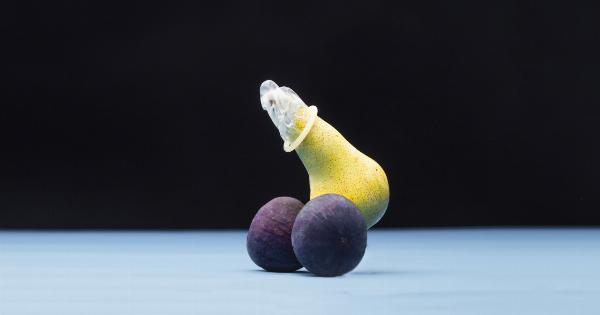Every month, women experience a menstrual cycle that involves the shedding of the endometrium (the lining of the uterus). This cycle is regulated by hormones, and it typically lasts around 28 days.
For most women, menstrual bleeding lasts for 3 to 7 days.
The Ovulation Process
Ovulation is a crucial stage of the menstrual cycle. It is the process where an egg is released from one of the ovaries. This usually occurs around the middle of the cycle, approximately 12 to 14 days before the start of the next menstrual bleeding.
The released egg then travels down the fallopian tube, where it can potentially be fertilized by sperm.
Understanding Sperm Lifespan
While the egg lives for only 24 hours after ovulation, sperm have a much longer lifespan. Inside a woman’s reproductive system, sperm cells can survive for up to 5 days.
This means that even if intercourse occurs days before ovulation, sperm can still be present and potentially fertilize the egg during its short lifespan.
Fertility Window
The fertility window refers to the period during which a woman is most likely to conceive. It includes the days leading up to and including the day of ovulation.
Since sperm can survive for several days inside the female reproductive system, having intercourse in the days leading up to ovulation also increases the chances of getting pregnant.
Can You Get Pregnant During Your Period?
While the chances of getting pregnant during your period are relatively low, it is not impossible. Every woman’s menstrual cycle is unique, and some cycles may be shorter or longer than the average 28 days.
As a result, the timing of ovulation can vary.
Potential Factors That Increase the Chances of Pregnancy During Period
1. Short Menstrual Cycles: Women with shorter menstrual cycles may ovulate soon after their period ends, increasing the likelihood of getting pregnant during menstruation.
2. Irregular Cycles: Women with irregular cycles may experience unpredictable ovulation, making it difficult to determine the fertile window accurately.
3. Prolonged Bleeding: If a woman has an extended period with prolonged bleeding, it could overlap with the time of ovulation.
4. Sperm Longevity: As mentioned earlier, sperm can survive for up to 5 days in a woman’s reproductive system. If intercourse occurs towards the end of menstruation and sperm remains viable until ovulation, pregnancy can occur.
Unreliable Signs of Ovulation
Some women rely on signs and symptoms to predict their ovulation period. However, these signs can be unreliable, particularly for those with irregular cycles.
Common signs include changes in cervical mucus consistency, breast tenderness, and slight pelvic pain. It’s important to note that relying solely on these signs may not provide accurate predictions.
Importance of Birth Control
Given the potential for pregnancy to occur during menstruation, it’s crucial to use reliable birth control methods to prevent unintended pregnancies.
Condoms, oral contraceptive pills, intrauterine devices (IUDs), and other forms of birth control are effective in preventing pregnancy when used correctly and consistently.
Conclusion
While the chances of getting pregnant during your period are generally low, it is not impossible.
Factors such as shorter menstrual cycles, irregular cycles, prolonged bleeding, and sperm longevity can increase the likelihood of conception during menstruation. To avoid unwanted pregnancies, it is essential to use reliable birth control methods consistently. Understanding your menstrual cycle, tracking ovulation, and seeking professional advice can further help in planning or preventing pregnancy.































